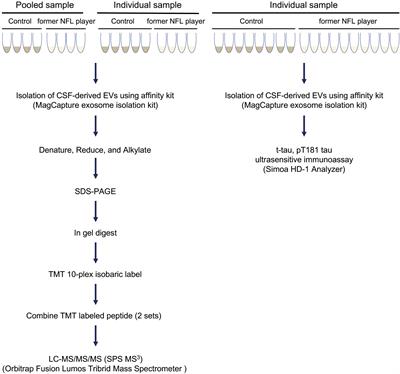ORIGINAL RESEARCH
Published on 21 Apr 2020
Intrastriatal Administration of Exosome-Associated Pathological Alpha-Synuclein Is Not Sufficient by Itself to Cause Pathology Transmission

doi 10.3389/fnins.2020.00246
- 4,505 views
- 14 citations
32k
Total downloads
106k
Total views and downloads
You will be redirected to our submission process.
ORIGINAL RESEARCH
Published on 21 Apr 2020

REVIEW
Published on 12 Dec 2019

ORIGINAL RESEARCH
Published on 26 Nov 2019

ORIGINAL RESEARCH
Published on 18 Oct 2019

ORIGINAL RESEARCH
Published on 09 Oct 2019

ORIGINAL RESEARCH
Published on 02 Oct 2019

BRIEF RESEARCH REPORT
Published on 03 Sep 2019

MINI REVIEW
Published on 02 Jul 2019

PERSPECTIVE
Published on 08 May 2019

ORIGINAL RESEARCH
Published on 18 Apr 2019

ORIGINAL RESEARCH
Published on 15 Apr 2019

MINI REVIEW
Published on 05 Mar 2019

